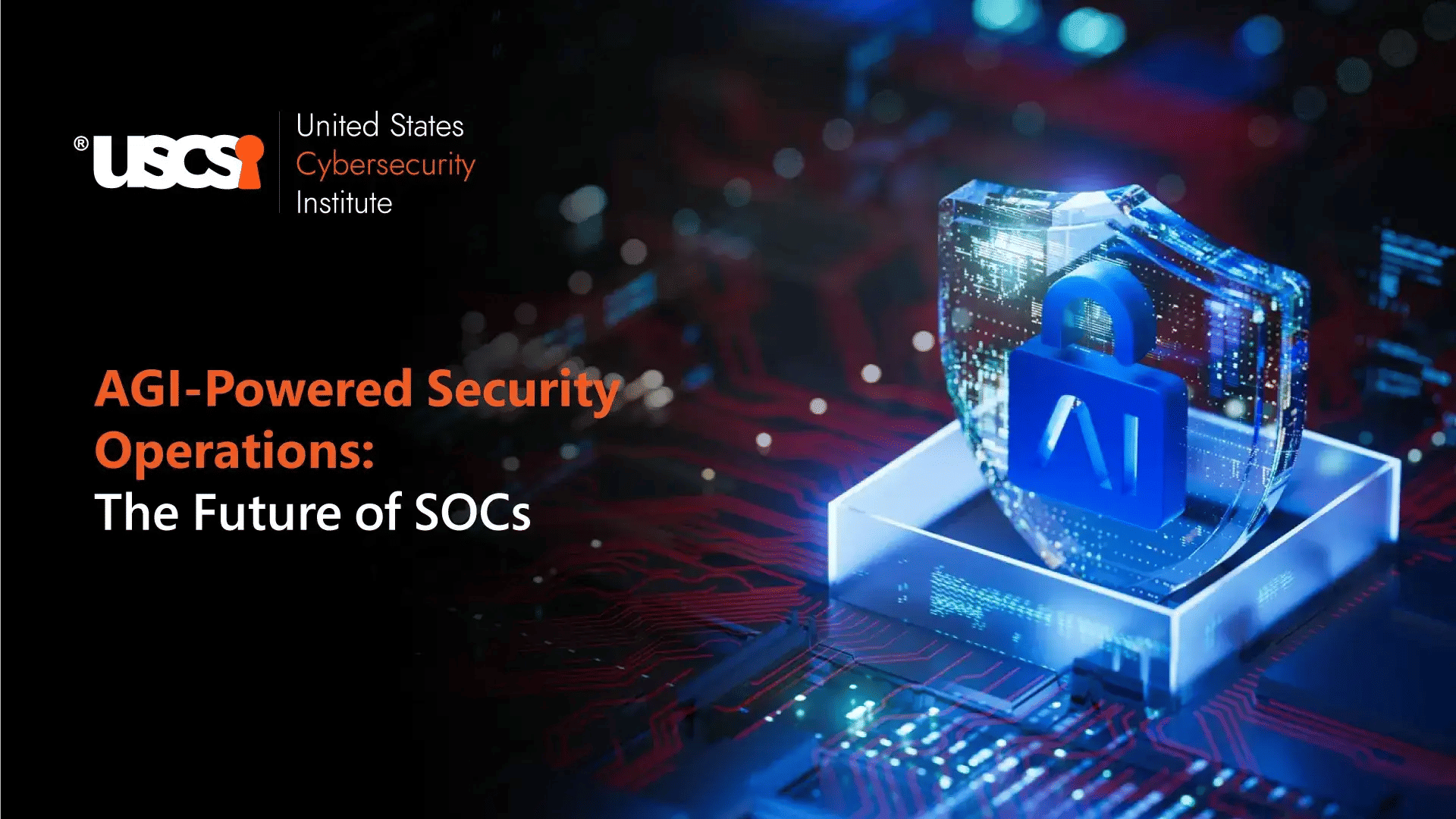

Time To Redefine Cybersecurity with Trust in 2024
In the current digital technology era, the redefinition of cybersecurity hinges upon the pivotal idea of trust. Delve into the important position trust assumes inside the realm of cybersecurity, its profound importance in the success of organizations, and the considered necessary understanding and certifications crucial for a trust-centric technique.
Cybersecurity has transcended the mere safety of statistics, structures, and facts from cyber threats; it has metamorphosed into a pivotal force in cultivating and upholding trust among numerous stakeholders.
In a KPMG report titled "Cybersecurity Priorities 2023," eight key considerations for CISOs in the upcoming year are identified, focusing on quicker recovery, minimizing impact, and integrating security with business operations. Meanwhile, Forbes reports that NIST's Zero Trust Architecture (ZTA) is transforming cybersecurity by addressing complex system interactions and protection.
This discourse navigates the paradigm shift toward a trust-centric method in cybersecurity, underscoring its momentousness, the effect of agreeing on entrepreneurial success, and the evolving proficiencies required for cybersecurity professionals.
Trust in the Digital Age
Basically, trust represents the perception that one consumer vests inside the movements, intentions, and skills of every other. It constitutes a foundational element in any interaction or transaction regarding the trade of information, goods, or services. Within the virtual era, trust has emerged as the backbone to reaching firm triumph and nurturing patronage.
From a study from PricewaterhouseCoopers, a mind-blowing 65% of purchasers deem trust in a brand more sizeable in the current years than in yesteryears. Furthermore, 88% of purchasers claim that their trust in a brand's handling of records notably sways their buying tendencies. those figures underscore trust's pivotal position within the contemporary industrial panorama.
Nevertheless, trust is a very delicate and risky commodity by way of its very nature. Cybersecurity theft encompasses cyber assaults, data breaches, invasions of privacy, or unethical industrial methodologies.
The Trust-Centric Approach
So that you can correctly tackle those challenges, cybersecurity specialists want to undertake a trust-centric technique that goes past security standards. along with shielding structures and records from threats, cybersecurity practitioners must prioritize transparency, accountability, and obligation for their moves and decisions.
This shift requires the development of capabilities and abilities that cross beyond expertise.
1. Communication:
Clean and effective communication is critical, for cybersecurity specialists. They must be capable of explaining concepts in easy terms providing well-timed updates on security troubles or incidents and interacting in academic initiatives to sell awareness of excellent protection practices and guidelines. Strong oral and written conversation skills are important whilst interacting with audiences such, as management, customers, vendors, and patrons.
2. Collaboration:
Collaboration performs a function in the changing landscape of cybersecurity. Specialists should be needed to work with different IT experts and Security Teams to reach shared objectives and tasks. Moreover, they ought to collaborate throughout enterprise functions which include legal, compliance, advertising, and human resources to align security objectives with business strategies and values.
3. Creativity:
Cybersecurity professionals must possess the capability to think creatively and innovatively. They must have the capacity to come up with answers to enhance security features. Furthermore, it is essential for them to expect and adjust to evolving threats and technologies continuously acquiring talents and tools as vital for living beforehand, in the path of cybersecurity.
4. Ethics:
In the field of cybersecurity moral requirements are fundamental, professionals are covered by way of a code of moral concepts and guidelines that shapes their conduct and judgment. This contains a profound appreciation for the privacy and rights of others, particularly for appropriate laws and guidelines, and an unwavering dedication to the bedrock standards of integrity and truthfulness. In this domain ethical conduct isn't merely a preference but is an imperative that defines the very cloth of cybersecurity professionalism.
USCSI® programs are not only powerful but also affordable. They offer a lifetime digital badge for the popular cybersecurity certification programs, and a free self-study eLearning kit worth hundreds of dollars, inclusive of HD videos, practice codes, real-world popular use cases, and much more. They also offer instructor-led learning options for indigenous teams from organizations, academia, institutions, and governments.
The Future of Cybersecurity: Trust as the Cornerstone
The revolution of cybersecurity is obviously related to the ability to domesticate and sustain trust among various stakeholders. Recognizing trust as a foundational element allows professionals to reinforce security competencies, developing values for businesses and clients alike.
In the end, the evolution of Artificial Intelligence is now not solely assembling virtual fortresses to repel cyber threats. It is about establishing trust as the inspiration upon which digital relationships and transactions are built. Cybersecurity specialists ought to adapt by obtaining new skills and talents, embracing a trust-centric approach, and continually evolving to fulfill the ever-changing needs of our interconnected digital international. Only through this evolution can we fortify our digital landscapes, safeguard data, and cultivate the trust essential for our digital future.





